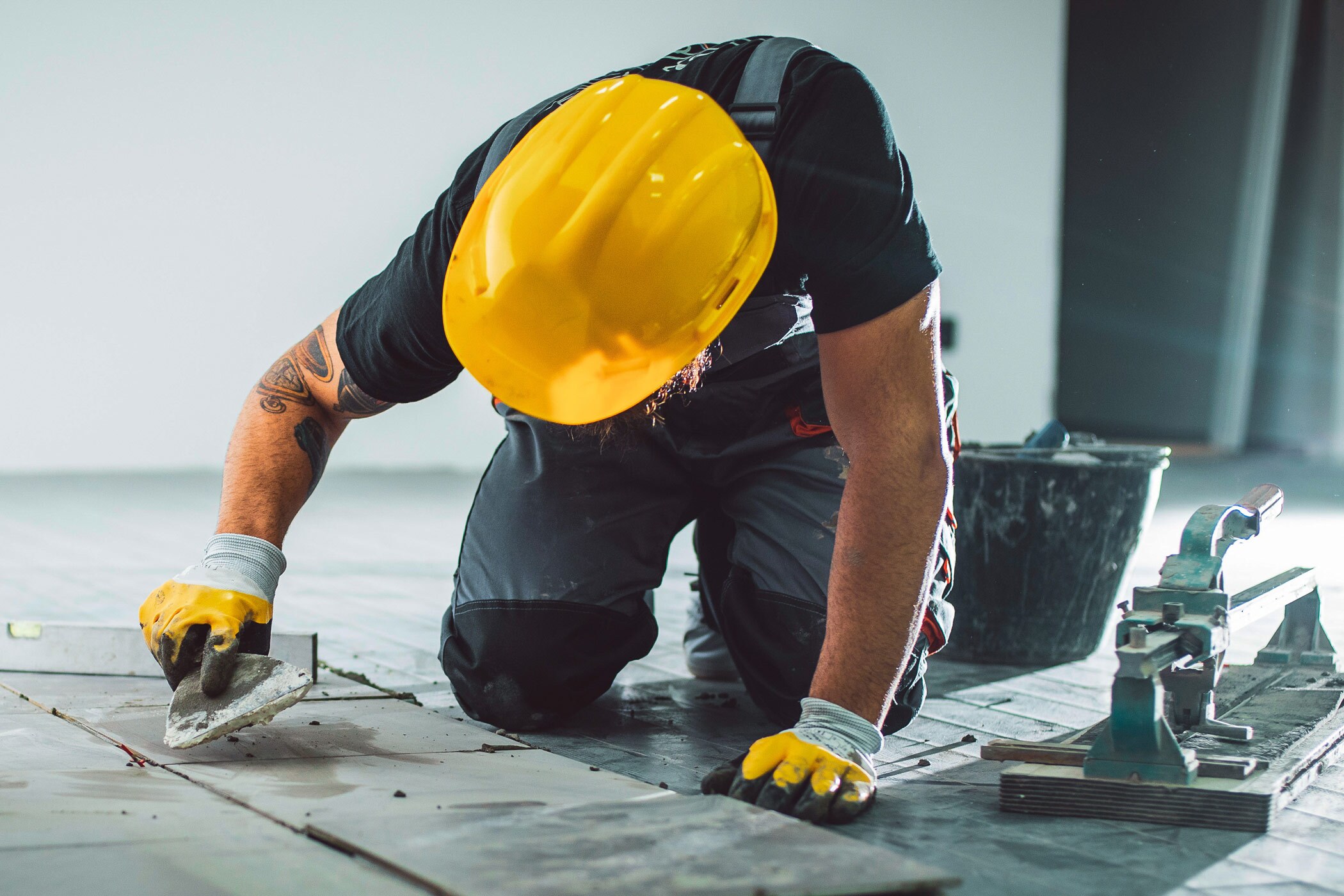ATLANTA — Owners working on hotel projects in the past few years have experienced major setbacks in terms of sourcing and receiving goods. While the effects today aren't as severe as they once were, certain hurdles still exist.
Overall, the supply chain is better "across the board in every way, shape and form," than it was in third quarter and fourth quarter of 2020, said Alan Benjamin, founder of hotel industry furniture, fixtures and equipment procurement firm Benjamin West.
"Whether that's product in the U.S., shipping, container costs, you name it; we're better than we were at the depths of COVID," Benjamin said during a podcast at the recent Hunter Hotel Investment Conference.
But current issues such as the Red Sea Crisis are exacerbating some setbacks.
The Red Sea Crisis began on Oct. 19, 2023, when Iran-backed Houthi militants attacked ships in retaliation for Israel's war on Hamas.
At first, many of Benjamin's clients didn't anticipate it would affect them, thinking that they don't purchase a lot of product out of the Middle East as a majority of imports come from Vietnam, China and Indonesia.
"We haven't really heard the phrase of worrying about container shortages since the peak of COVID, but the Red Sea Crisis is causing that again. About 90% of the containers on those routes are taking extra time to get through; sometimes they're not using the Suez Canal and the Red Sea, they're going down the bottom of the continent. It's caused delays way outside of our world of hospitality [furniture, fixtures and equipment]. Auto industries had a lot of delays as have other industries," he said. "It is an issue. It's continuing to be an issue, and nobody knows exactly when that's going to be resolved. There are some major shippers that will just not ship that route for obvious reasons."
Then on March 26, the Francis Scott Key Bridge collapsed after a cargo ship leaving the Port of Baltimore struck a support pillar.
According to Benjamin West, most ocean cargo ships sail under that bridge to access the ocean terminal at Baltimore.
As of April 5, cleanup crews have "removed a 200-ton section of the bridge and opened two small channels near the wreckage to allow limited boat traffic to the port. A third deeper water channel will be opened by the en of April, and officials hope to restore normal traffic by the end of May," the Washington Post reports.
Additionally, the Panama Canal has experienced congestion due to droughts, resulting in the volume of vessels allowed to transit per day at 24, which is down from 38.
All the key vendors out there are busy now, Benjamin said, "and I think they're going to be getting a lot busier later."
"There's kind of that wave of deferred [capital expenditures] ... all the projects that were due to be done in '21 or '22 that obviously got deferred due to COVID," he added.
A recent capital expenditures study by the International Society of Hospitality Consultants estimates the hotel industry spends about $15 billion per year on CapEx, excluding the cost of new-build items.
Benjamin West purchases $1.5 million in goods from vendors per day.
For more insight on product inflation, sourcing FF&E and planning out renovations, listen to the podcast with Alan Benjamin below.



